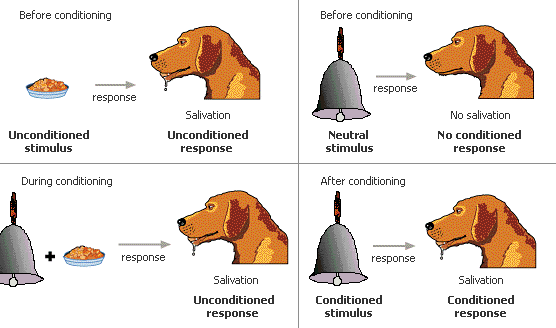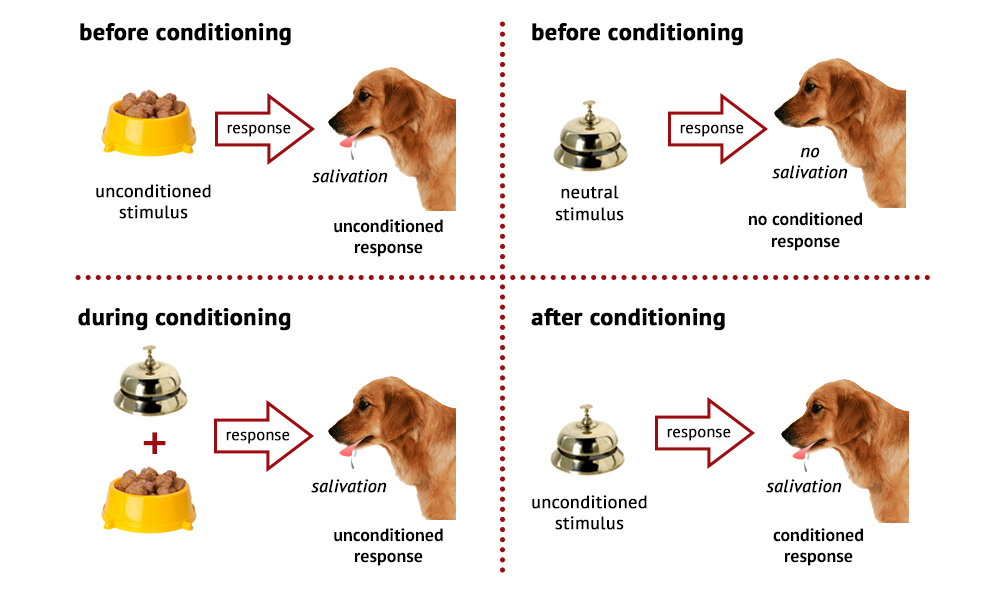

Just as the aroma of a good meal causes us to salivate, it changes stomach chemistry as well. In his Nobel Prize acceptance speech, Pavlov emphasized more than once how happy and healthy the dogs were.Īmong the main results cited at Pavlov’s award presentation was how the digestive system is influenced by our senses. In this way, he could sample digestive fluids under various scenarios. Rather than rely on vivisection, Pavlov performed careful surgery on the dogs in his experiments, creating passages between the outside world and organs such as the stomach.

And the plan itself helped fuel his notoriety.

To answer his digestive questions, Pavlov needed a plan of experimental study. And as food traversed this tube, it made intermittent stops at “chemical laboratories equipped with various mechanical devices.”ĭiagram of the Digestive System. The digestive canal, as he put it, was essentially a tube passing through the body. One of the areas that most interested him was digestion. Pavlov was fascinated and wanted to know more. Our understanding of the human body was in its infancy. There he developed an interest in the natural sciences - physiology in particular. But at age twenty-one he changed course and left to study in the department of math and physics at the university in Saint Petersburg. Photo Credit: Wikimedia Commonsīorn in 1849, Pavlov attended church school in his home town of Ryazan before moving on to a local theological seminary. Yet there’s much more to the story of Ivan Pavlov, the first Russian to win a Nobel Prize. Mention the name Pavlov and dogs drooling to the sound of a bell probably come to mind.
#IVAN PAVLOV DOG EXPERIMENT SERIES#
The University of Houston presents this series about the machines that make our civilization run, and the people whose ingenuity created them.


 0 kommentar(er)
0 kommentar(er)
